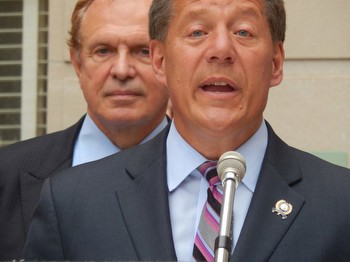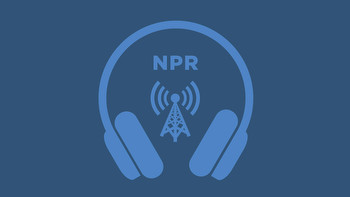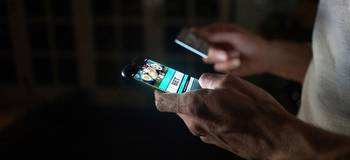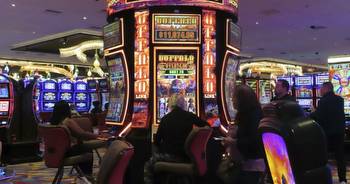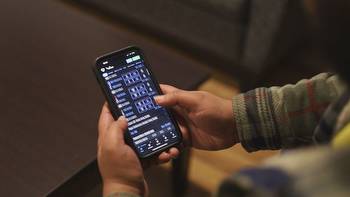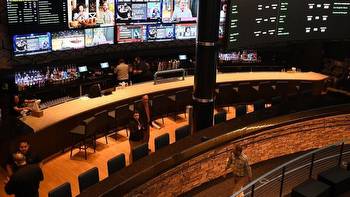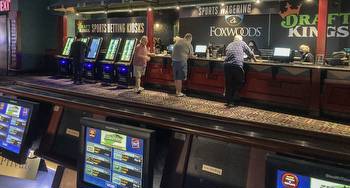States should promote and enforce 'self-exclusion' policies for those struggling with gambling addiction

The U.S. Supreme Court in 2018 overturned federal prohibitions against sports betting. In the years since, many states have jumped on the gambling bandwagon.
Nearly two dozen states and Washington, D.C., have legalized sports betting, including online and mobile betting. Still, there are risks, unsurprisingly exacerbated by the COVID-19 pandemic.
During lockdowns, online betting exploded. Now advocates are voicing concerns about problematic gambling and gambling addiction, which can be triggered by loneliness, stress, anxiety and depression.
Some states have created policies that allow players to "self-exclude" from in-person and online gambling. Self-exclusion programs are voluntary programs where a gambler can request to be blocked from online gambling and/or physical gambling locations for a period of time to help with their recovery. Some states have such programs, but their enforcement and availability is uneven nationwide.
The onus for recognizing that one has a problem and taking a first step still falls to the individual. But once someone takes that step, gambling organizations should honor the decision to self-exclude. As more states legalize online sports betting, they should require gambling sites to provide a non-reversible self-exclusion policy. It's a small fix that could help someone struggling with addiction.
The online sports betting industry grew quickly and reached $465 billion in 2020, leading to tax revenue for state governments. Now, gamblers can bet on wins or losses or point spreads or even what color Gatorade will be dumped on a winning coach at the touch of a smartphone button.
The National Council on Problem Gambling, which advocates for problem gamblers but takes no stance on the legality of gambling in general, has seen a significant expansion of online gambling during the pandemic. While a large majority of gamblers do not report experiencing problematic behaviors, many have found themselves unable to avoid the rush of placing a bet and they have fallen into hundreds or thousands of dollars in debt quickly and easily.
As online sports gambling becomes more common, societal views on gambling also have shifted. Gambling is seen by many as a casual form of entertainment and social activity. And for many, that's true. For others, it is a serious problem.
And while drug and alcohol addictions have come to be regarded as a form of mental illness, gambling addiction often is viewed as the fault of the individual. According to a national survey by the National Council on Problem Gambling, more than half of adults believe a gambling addiction is the result of a lack of willpower.
This isn't correct and compulsive gambling can require treatment and recovery just like other forms of addiction. State governments should be working to ensure that those who recognize they have a problem have the resources to take steps to seek help and curb their access.
Actually removing someone's ability to place a wager is obviously more effective than simply posting signage about the dangers of a gambling addiction. Self-exclusion programs should be mandatory in each state, with penalties attached to companies that allow users to reactivate their accounts before the exclusion period terminates.









